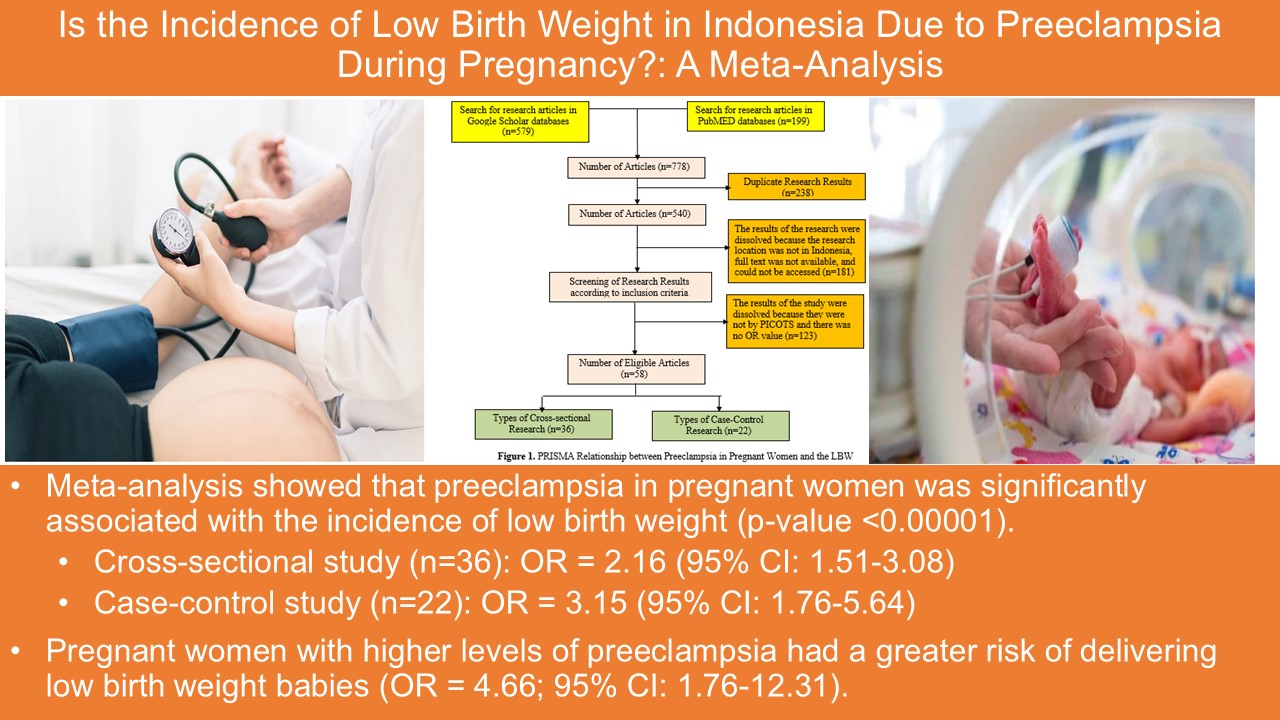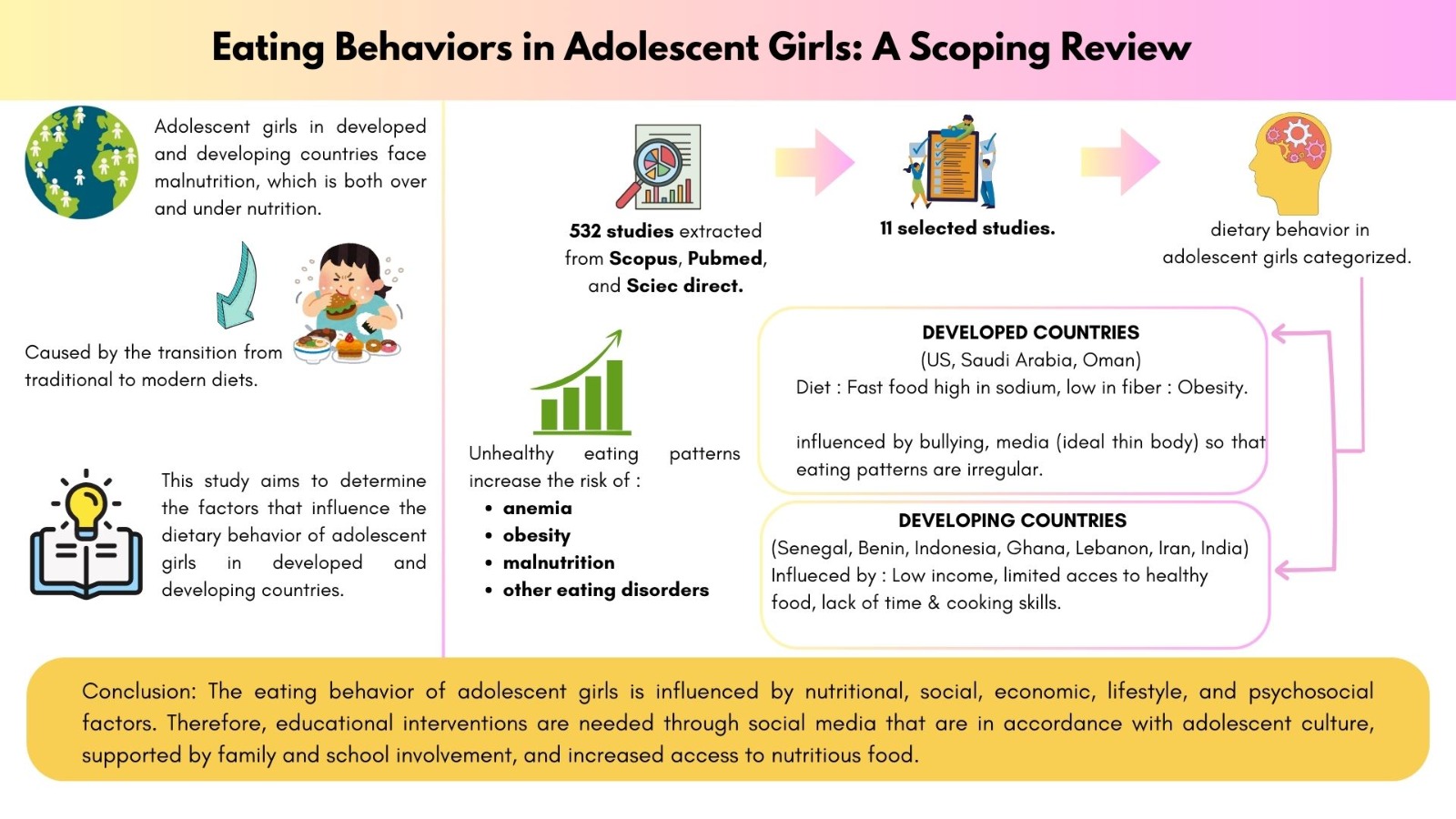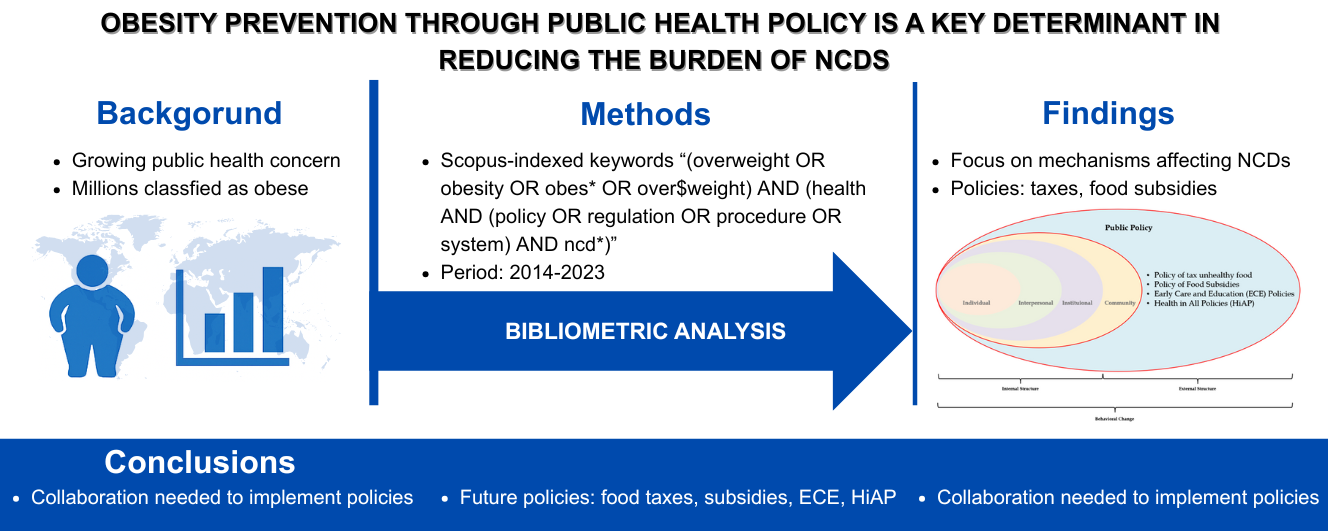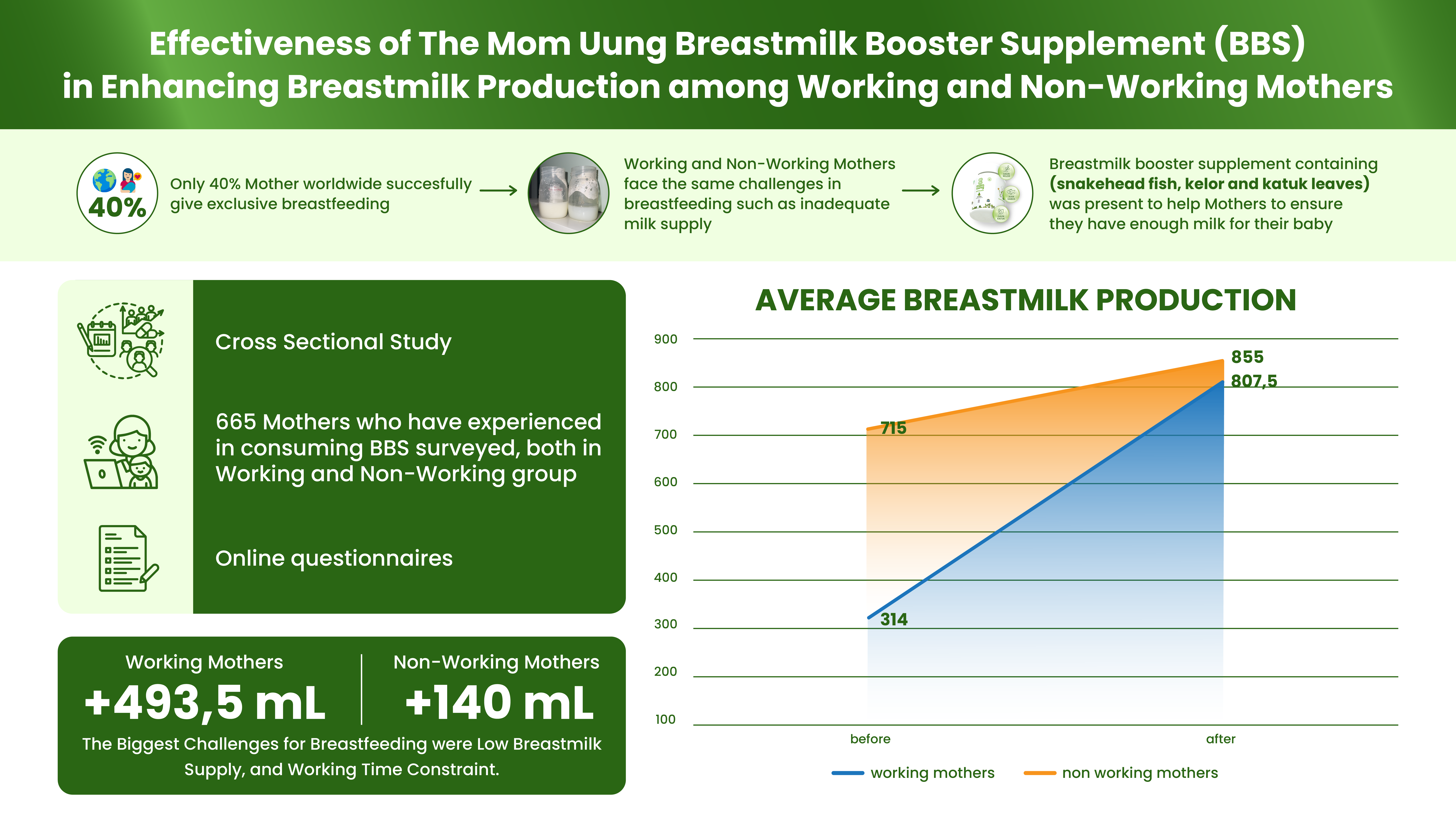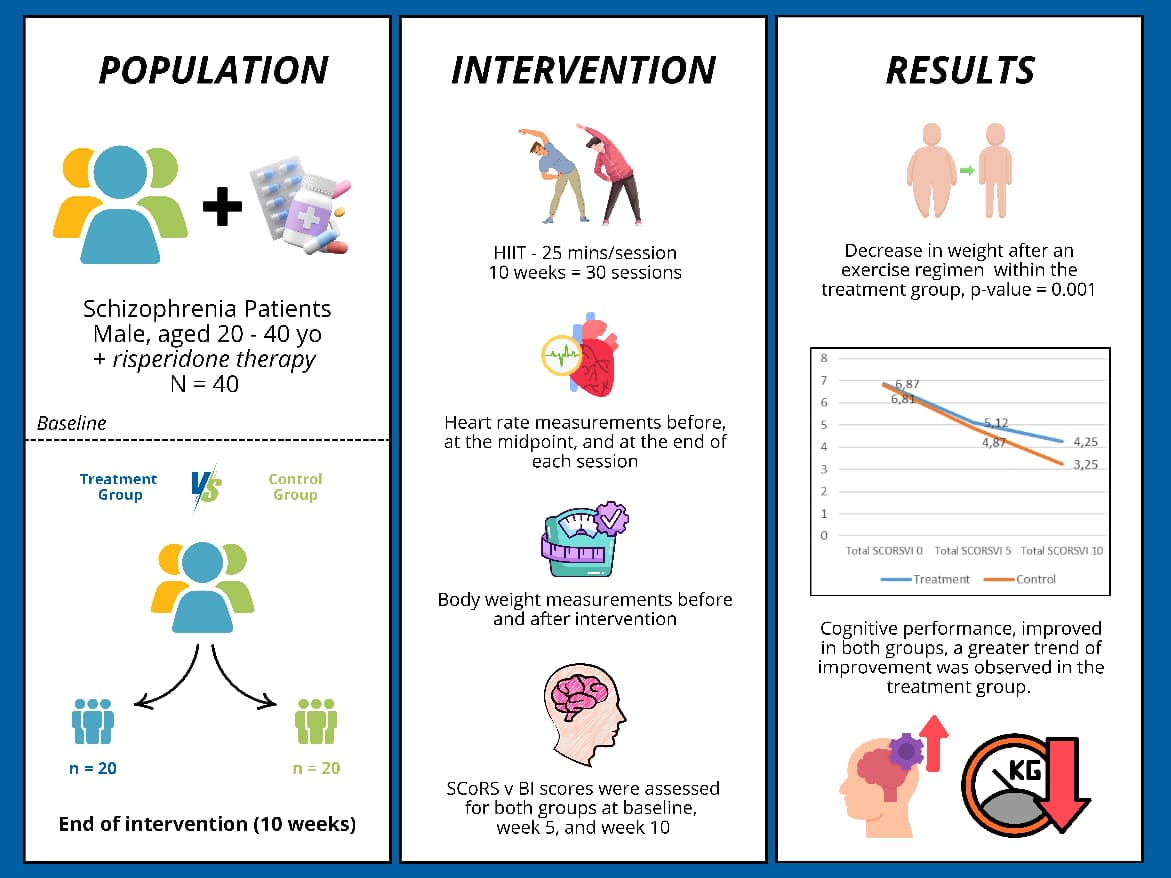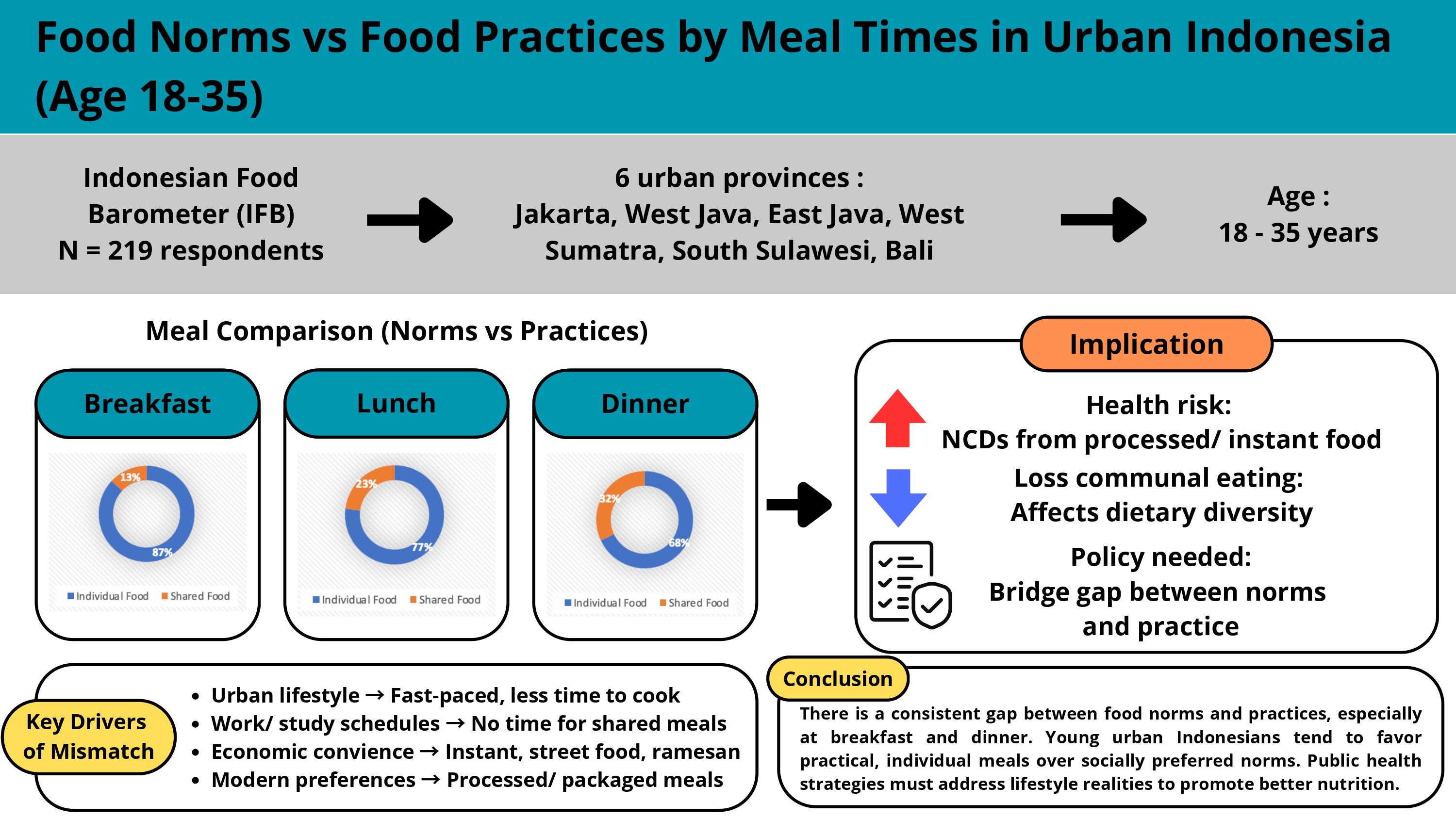THE ASSOCIATION OF FAMILY SUPPORT IN FULFILLING HEALTHY NUTRITIOUS FOODS, PROTEIN AND MICRONUTRIENT INTAKE WITH HEMOGLOBIN LEVELS AMONG ELDERLY
Downloads
The elderly usually accompanied by many impairments due to decline in organ functioning which have a great impact on their daily intake and leads to anemia. Many elderlies also have mobility impairment which make them become more dependent and need supports from their family. The aim of this study is to investigate the relationship of family support, the daily intake of protein, iron, vitamin C with hemoglobin levels in elderly. This observational analytic study with cross-sectional design was performed in 185 elderlies aged 60-79 years determined using the OpenEpi program. Subjects collected by simple random sampling from chosen Posyandu in Klaten and Sragen districts. The data on daily intake and family support in fulï¬lling healthy nutritious foods were collected by using a 2x24-hour food recall form and a modiï¬ed questionnaire from Hanim's study. Hemoglobin levels were measured from venous blood using Cyanmethhemoglobin method. The data were analyzed using the Pearson test and Multiple Linear Regression test. The prevalence of mild anemia was found in 10.27% women and 5.41% men. Family support (b=0.09, 95%CI:0.003- 0.18), protein intake (b=0.41, 95%CI:0.25-0.57), iron intake (b=0.19, 95%CI:0.96-0.29), vitamin C intake (b=0.10, 95%CI:0.02-0.41) were signiï¬cantly associated with hemoglobin levels (p<0.05). To conclude, sufficient family support, adequate intake of protein, iron and vitamin C are associated to higher hemoglobin levels.
Bach, V., Schruckmayer, G., Sam, I., Kemmler, G., Stauder, R. (2014). Prevalence and Possible Causes of Anemia in The Elderly: A Cross-Sectional Analysis of A Large European University Hospital Cohort. Clin Interv Aging, 9, 1187-1196.
Clark, S.F. (2009). Iron Deficiency Anemia: Diagnosis and Management. Gastroenterology, 25, 122–128
Collins, J.F., Anderson, G.J. (2012). Intestinal Iron Absorption. In: Johnson LR, Ghishan FK, Kaunitz J, Merchant JL, Said HM, Wood JD, editors. Physiology of the gastrointestinal tract: 5th Ed. New York: Elsevier, 1921–1947.
Corona, L.P., de Oliveira Duarte, Y.A., Lebrí£o,M.L. (2017). Markers of Nutritional Status And Mortality In Older Adults: The Role Of Anemia And Hypoalbuminemia. Geriatr Gerontol Int, 1-6.
Culleton, B.F., Manns, B.J., Zhang, J., Tonelli, M., Klarenbach, S., Hemmelgarn, B.R. (2006). Impact of Anemia on Hospitalization and Mortality in Elderly. Blood, 107 (10), 3841-3846.
Darmojo, B.R. (2014). Geriatri (Ilmu Kesehatan Usia Lanjut); 5th ed. Jakarta: Balai Penerbit FK UI.
Dumic, I., Nordin, T., Jecmenica, M., Lalosevic, M.S., Milosavljevic, T., Milovaconic, T. (2018). Gastrointestinal Tract Disorder in Older Age. Canadian Journal of Gastroenterology and Hepatology, 1-19.
Fatmah. (2010). Gizi Usia Lanjut. Jakarta: Erlangga.
Fuqua, B.K., Vulve, C.D., Anderson, G.J. (2012). Intestinal Iron Absorption. Journal of Trace Elements in Medicine and Biology, 26, 115- 119.
Gibson, R.S. (2008). Principles of Nutritional Assessment. 2nd Ed. UK: Oxford University Press Inc.
Gupta, A., Khenduja, P., Pandey, R.M., Sati, H.C., Soï¬, N.Y., Kapil, U. (2017). Dietary Intake of Minerals, Vitamins, and Trace Elements Among Geriatric Population in India. Biol Trace Elem Res, 1-11.
Gupta, A., Ramakrishnan, L., Pandey, R.M., Sati, H.C., Khandelwal, R., Khenduja, P., Kapil, U. (2020). Risk Factors of Anemia amongst Elderly Population Living at High-Altitude Region of India. Journal of Family Medicine and Primary Care, 9(2), 673-682.
Hanim, D. dan Lestari, A. (2018a). Implementasi Model Integratif Promosi Gizi Kesehatan Berbasis Status Sosial Ekonomi Keluarga Untuk Peningkatan Kualitas Hidup Lanjut Usia. Surakarta: Pusat Studi Penelitian dan Pengembangan Pangan Gizi dan Kesehatan Masyarakat Universitas Sebelas Maret.
Hanim, D. dan Lestari, A. (2018b). Panduan Kuesioner: Promosi Gizi Kesehatan, Dukungan Keluarga, Kelompok Sebaya, Lembaga Komunitas dan Kualitas Hidup Lanjut Usia. Surakarta: Program Studi Ilmu Gizi Pascasarjana Universitas Sebelas Maret.
Hong, C.H., Falvey, C., Harris, T.B. (2013). Anemia and Risk of Dementia in Elderly: Findings from The Health ABC Study. Neurology, 81(10), 939.
Indonesian Statistic Centre. (2017). Statistik Penduduk Lanjut Usia 2017. Jakarta: Subdirektorat Statistik Pendidikan dan Kesejahteraan Sosial.
Jamieson, L. & Simpson, R. (2013). Living Alone, Globalization, Identity and Belonging. New York: Palgrave Macmillan.
Kementerian Kesehatan RI. (2013a). Riset Kesehatan Dasar (Riskesdas). Jakarta: Badan Penelitian dan Pengembangan Kesehatan Kemenkes RI.
Kementrian Kesehatan R.I. (2013b). Gambaran Kesehatan Lanjut Usia di Indonesia. Jakarta: Pusat Data dan Informasi Kementrian Kesehatan RI.
Kim, E.J. & Jin, B.H. (2018). Comparison Of Oral Health Status And Daily Nutrient Intake Between Elders Who Live Alone And Elders Who Live With Family: Based On the Korean National Health And Nutrition Examination Survey (KNHANES VI) (2013-2015). Gerodontology, 00, 1-10.
Kimura, Y., Wada, T., Okumiya, K., Ishimoto, Y., Fukutomi, E., Kasahara, Y., et al. (2012). Eating Alone Among Community-Dwelling Japanese Elderly: Association with Depression and Food Diversity. The Journal of Nutrition, Health & Aging, 16(8), 728-731.
Koury, M.J., Ponka, P. (2004). New Insights into Erythropoiesis: The Roles of Folate, Vitamin B12, And Iron. Annu Rev Nutr, 24, 105-31.
Liu, K. & Kaffes, A.J. (2012). Iron Deï¬ciency Anemia: A Review Of Diagnosis, Investigation And Management. Eur J Gastroenterology Hepatology, 24(2), 109-16.
Locher, J.L., Robinson, C.O., Roth, D.L., Ritchie, C.S., Burgio, K.L. (2005). The Effect of the Presence of Others on Caloric Intake in Homebound Older Adults. Journal of Gerontology: Medical Sciences, 60A(11), 1475-1478.
Lopez-Otin, C., Blasco, M.A., Patridge, L., Serrano, M., Kroemer, G. (2013). Hallmarks of aging. Cell, 153(6), 1194-1217.
Nazari, N., Yusuf, R., Tahlil, T. (2016). Dukungan dan Karakteristik Keluarga dengan Pemenuhan Gizi pada Lansia. Jurnal Ilmu Keperawatan, 4 (2), 75-86.
Pegpid S, Peltzer K, Susilowati IH. (2019). Cognitive Functioning and Associated Factors In Elderly: Results from the Indonesian Family Life Survey-5 (IFLS-5) In 2014-2015. Current Gerontology And Geriatrics Research, 2019, 1-7.
Peraturan Menteri Kesehatan Republik Indonesia Nomor 67 Tahun 2015 Penyelenggaraan Pelayanan Kesehatan Lanjut Usia Di Pusat Kesehatan Masyarakat. 12 Oktober 2015. Jakarta: Berita Negara Republik Indonesia Tahun 2015 Nomor 1663.
Sediaoetama, A.D. (2010). Ilmu Gizi Untuk Mahasiswa dan Profesi. Jilid I. Dian Rakyat. Jakarta.
Sharp, P.A. (2010). Intestinal Iron Absorption: Regulation by Dietary and Systemic Factors. Int J Vitam Nutr, 80, 231–42.
Sidenvall, B., Nydahl, M., Fjellström, C. (2000). The Meal as A Gift- the Meaning of Cooking Among Retired Women. Gerontology, 19(4), 405-423.
Silva, I.T., Junior, E.P.P., Vilela, A.B.A. (2014). Self-Concept of Health of Elderly Living with Relatives. Revista Brasileira de Geriatria e Gerontologia, Rio de Janeiro, 17, 220-225.
Supariasa, I.D.N., Bakri, B., Fajar, I. (2016). Penilaian Status Gizi. Edisi Kedua. Jakarta: EGC.
World Health Organization. (2011). Hemoglobin Concentrations for The Diagnosis of Anaemia and Assessment of Severity. Vitamin and Mineral Nutrition Information System. Geneva: WHO. Yusof, M.,
Awaluddin, S.M., Omar, M., Ahmad, N.A., Aziz, F.A.A., Jamaluddin, R., Aris, T.,et al. (2018). Prevalence of Anaemia Among the Elderly in Malaysia and Its Associated Factors: Does Ethnicity Matter?. Journal of Environmental and Public Health, 1-10.
Zhang, Q., Qin, G., Liu, Z., Li, Z., Li, J., Varma, D.S., et al. (2018). Dietary Balance Index-07 and the Risk of Anemia in Middle-Aged and Elderly People in Southwest China: A Cross-Sectional Study. Nutrient,10, 162.
Zhu, S., Hu, J., Eï¬rd, J.T. (2012). Role of Social Support In Cognitive Function Among Elders. Journal of Clinical Nursing, 21, 2118–2125.
- MEDIA GIZI INDONESIA Journal is the copyright owner of all materials published on this website.
- The formal legal provisions for access to digital articles of this electronic journal are subject to the terms of the Creative Commons Attribution-NonCommercial-ShareAlike license (CC BY-NC-SA 4.0), which means that MEDIA GIZI INDONESIA Journal and readers reserve the right to save, transmit media / format, manage in database, maintain, and publish articles as long as it continues to include the name of the Author.
- Printed and published print and electronic manuscripts are open access for educational, research and library purposes. In addition to these objectives, the editorial board shall not be liable for violations of copyright law.


2.png)















